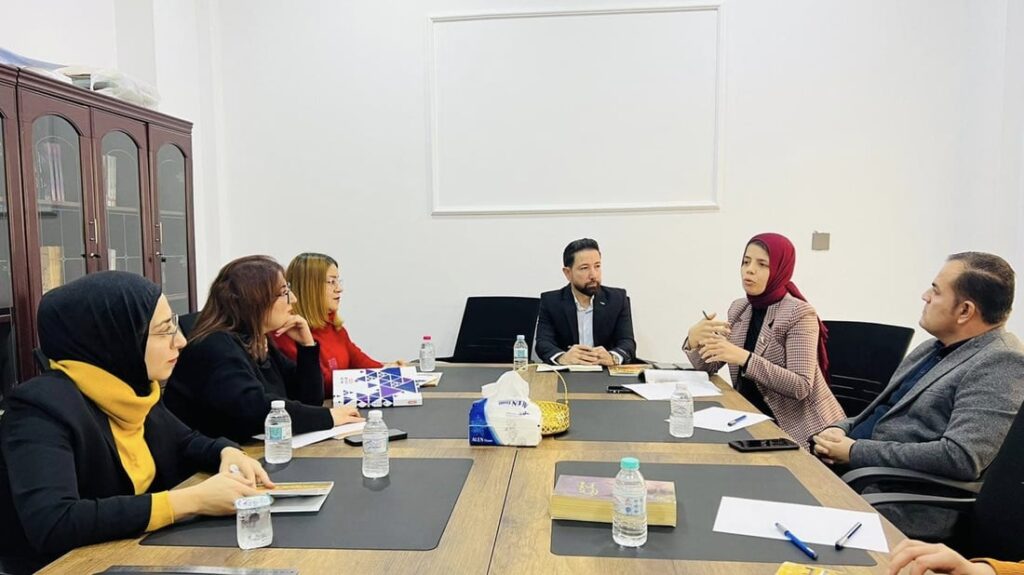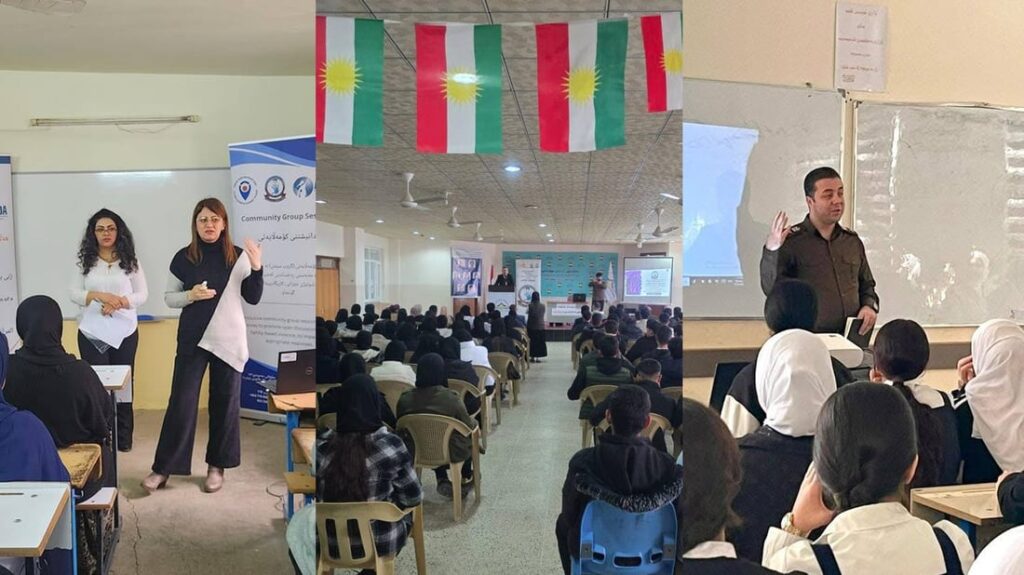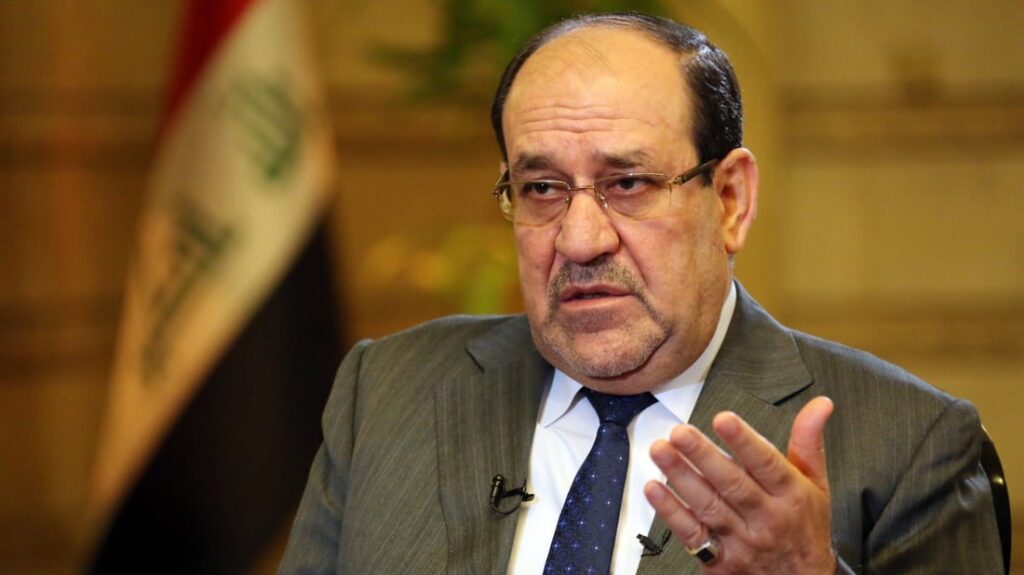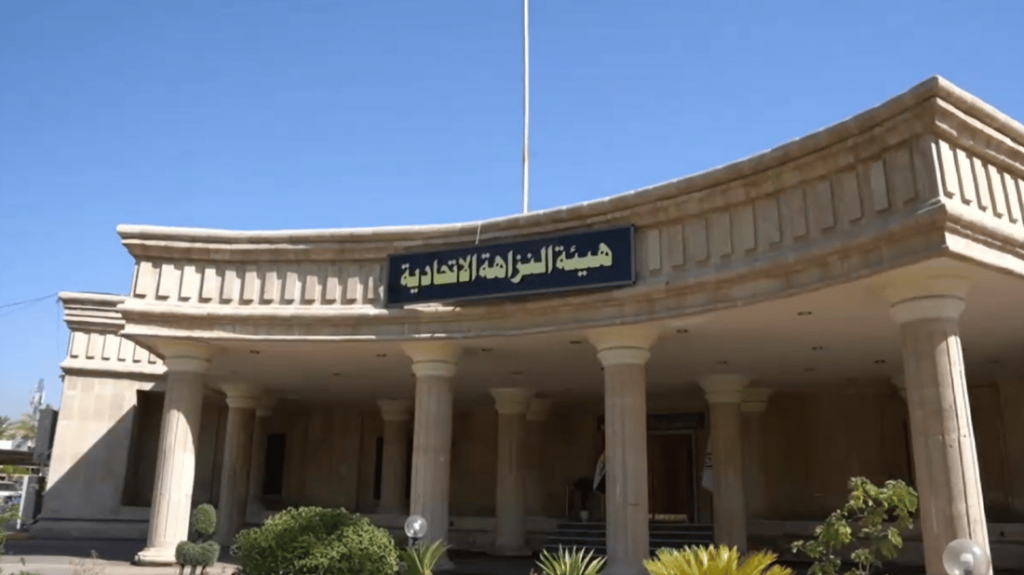Iran's Khamenei whines US blacklisting of IRGC a 'vicious move'

Iran’s Supreme Leader Ayatollah Ali Khamenei said the United States had made “a vicious move” in designating the Revolutionary Guards as a foreign terrorist organization, and Tehran vowed to take action against US forces in the region.
US President Donald Trump designated Iran’s Guards a foreign terrorist organization on Monday – a step that will raise tensions in the Middle East.
“They wish to plot against our Sepah (the Guard corps)... it is in the frontline of confronting enemies of our (1979 Iranian) revolution and has always defended the country... America has failed to block our advances,” Khamenei, who controls the Guards, was quoted as saying by the state media.
“In spite of all the pressure over the past 40 years, Americans have failed to do a damn thing and their vicious move will bear no fruit.”
Iranian President Hassan Rouhani also defended the corps as protectors of Iran, saying in a televised speech that the United States “holds a grudge” against the Guards who have “sacrificed their lives to protect our people, our revolution”.
Comprising an estimated 125,000-strong military with army, navy and air units, the Guards also command the Basij, a religious volunteer paramilitary force, and control Iran’s missile programs. The Guards’ overseas Quds forces have fought Iran’s proxy wars in the region.
The US has already blacklisted dozens of entities and people for affiliations with the Guards, but not the organization as a whole.
The head of Revolutionary Guards dismissed Washington’s designation of the force as a terrorist organization and said the Guards would increase their military capabilities.
“This US move was quite laughable since the Revolutionary Guards are in people’s hearts... The Revolutionary Guards will increase its defensive and offensive capabilities in the coming year,” commander Mohammad Ali Jafari was quoted as saying by the state broadcaster.
Trump’s move came after relations between Tehran and Washington took a turn for the worse last May, when the US president pulled out of a 2015 nuclear deal between Iran and six world powers, and reimposed sanctions.
Tehran retaliated by naming the United States Central Command (CENTCOM) as a terrorist organization and the US government as a sponsor of terror.
The Iranian Armed Forces’s general staff, the country’s most senior military body which also oversees the Revolutionary Guards, said in a statement that it “will use all its means to fight” against CENTCOM, and a Guards commander on Tuesday warned the US Navy to keep its distance.
“Mr. Trump, tell your warships not to pass near the Revolutionary Guards boats,” ISNA news agency reported a tweet from Mohsen Rezaei as saying.
Iran’s arch rival Saudi Arabia welcomed the US action against the Guards on Tuesday, while France called for avoiding any escalation of tensions in the Middle East.
Revolutionary Guards commanders have repeatedly said that US bases in the Middle East and US aircraft carriers in the Gulf are within range of Iranian missiles.
Tehran has also threatened to disrupt oil shipments through the Strait of Hormuz in the Gulf if the United States tries to strangle Iran’s economy by halting its oil exports.
“OUR PATIENCE HAS LIMITS”
In a show of support, Iranian lawmakers wore Guards uniforms to parliament on Tuesday, chanting “Death to America” as Iran marked the annual National Day of the Revolutionary Guards, the semi-official Fars news agency reported.
“America’s decision to label the Guards as a terrorist group was the peak of stupidity and ignorance of the American leadership,” Fars quoted parliament Speaker Ali Larijani as saying.
Iran has so far continued to comply with the nuclear deal, but Tehran’s clerical rulers have threatened to withdraw from it and to resume the suspended nuclear work if other signatories of the pact fail to protect Iran’s interests.
“I am telling you (American leaders), if you pressure us, we will mass-produce IR8 advanced centrifuges,” Rouhani said in the speech marking Iran’s National Nuclear Day.
Under the nuclear deal, sanctions imposed by the United States, the European Union and the United Nations were lifted in return for Iran agreeing long-term curbs on a nuclear program the West suspected was geared to developing an atom bomb.
The Trump administration says the nuclear deal did not do enough to curb Iranian meddling in regional affairs or restrict its ballistic missile program.
“Since last year, we have acquired kind of missiles that you cannot even imagine,” Rouhani said, referring to Iran’s determination to continue expanding its missile program despite mounting US pressure to curb it.
Co-signatories Britain, France and Germany are trying to salvage the deal and set up in January a mechanism to allow trade with Tehran and circumvent US sanctions.




